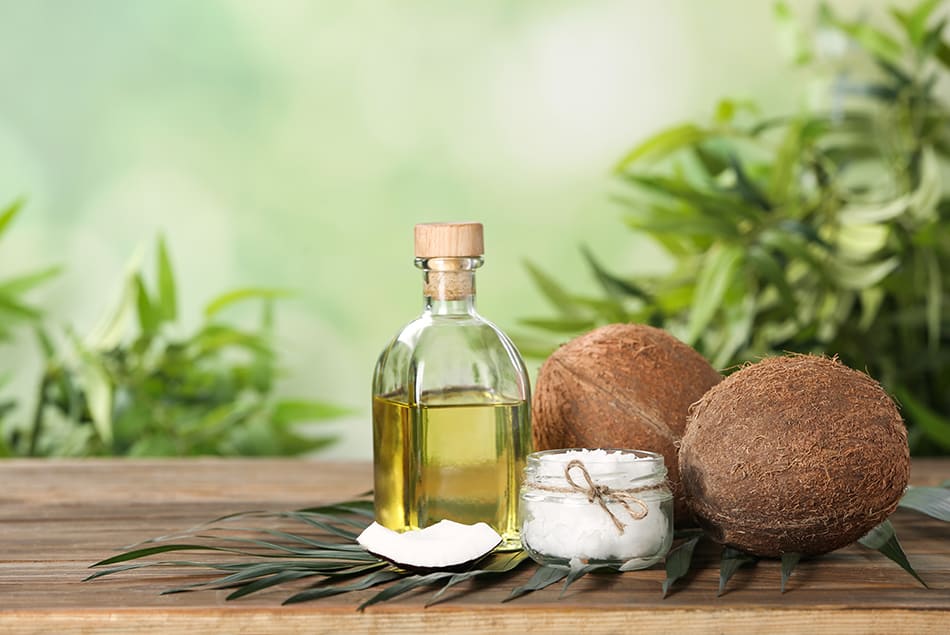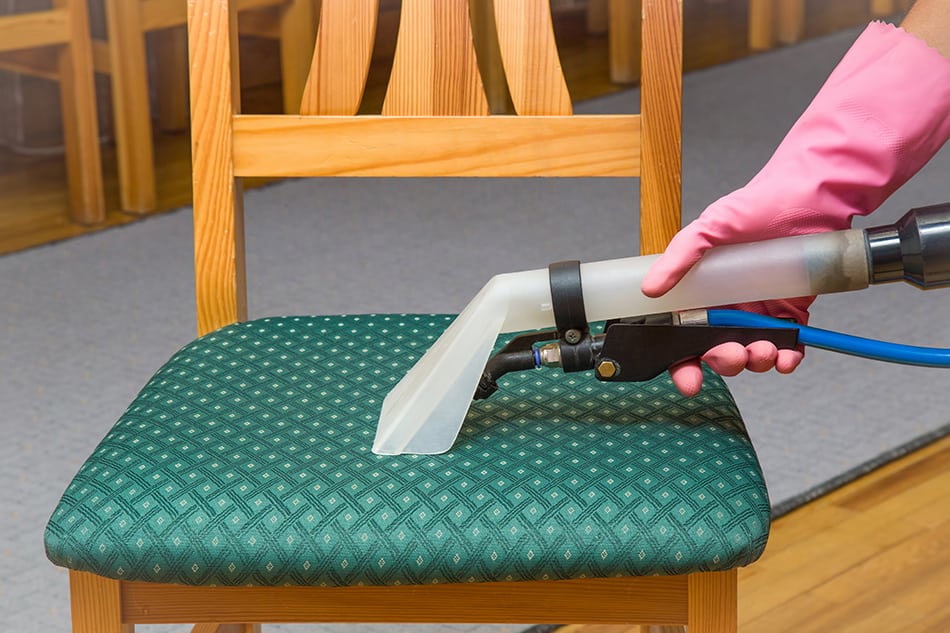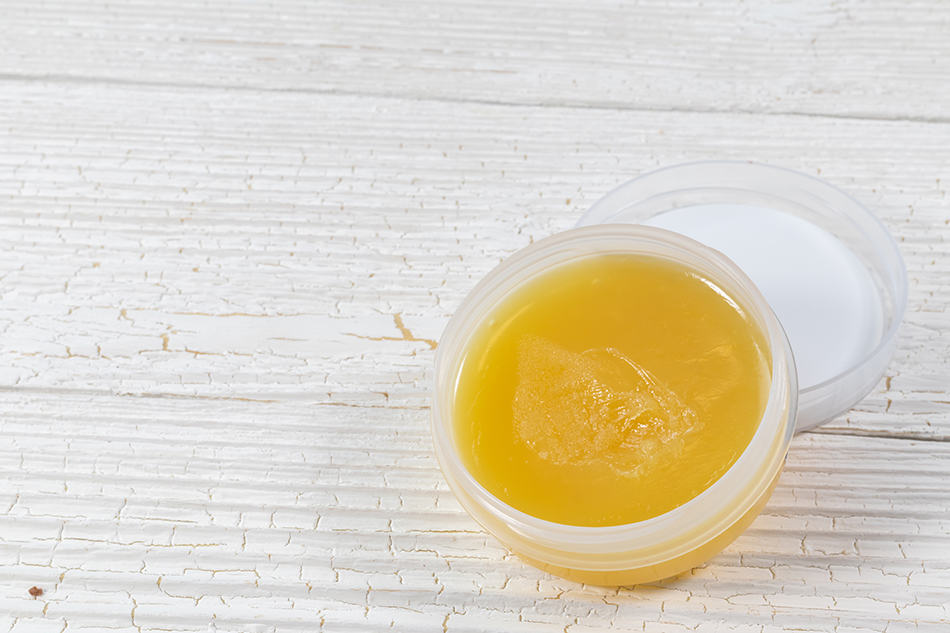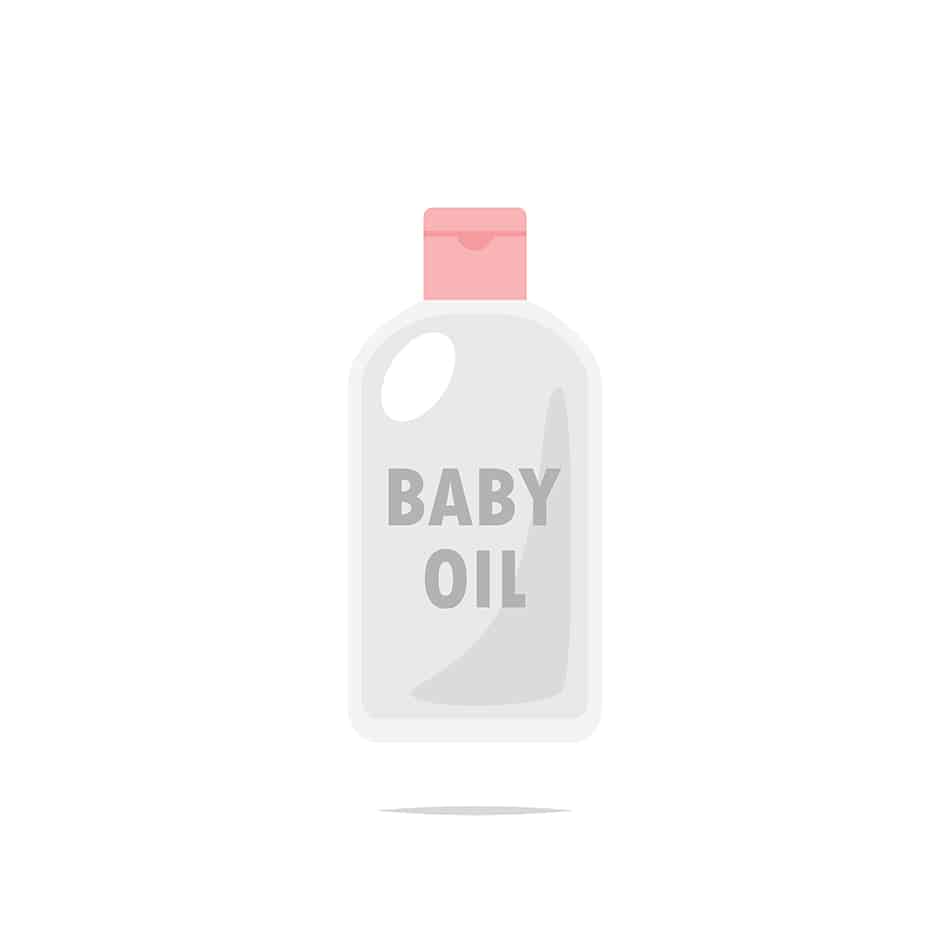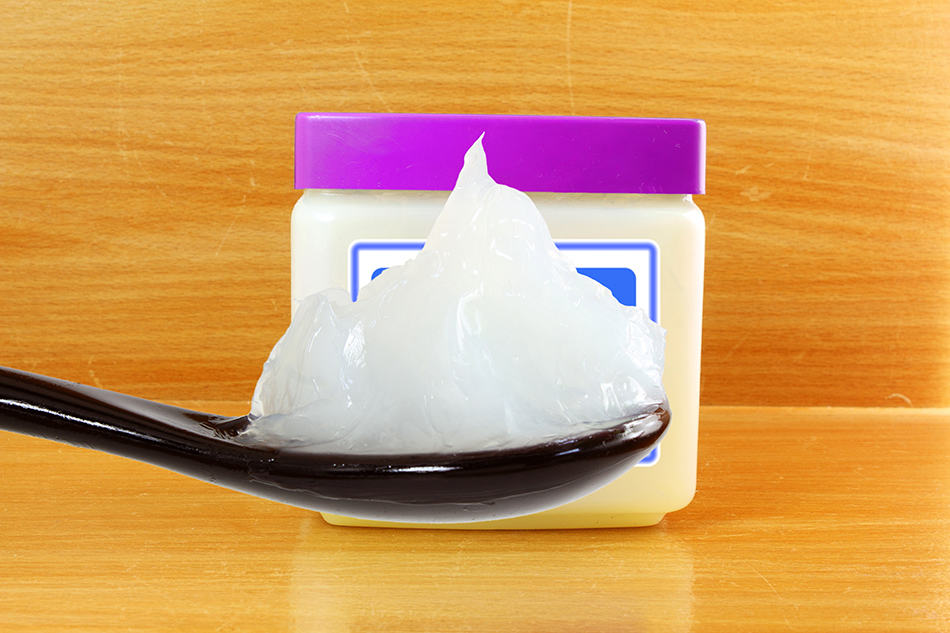If you’re looking for a natural oil to help keep your leather in good condition, then you might be wondering if coconut oil is a good alternative to specialist leather oils on the market. After all, it works wonders on the skin and has excellent water repellant and moisturizing qualities. Find out all about the benefits and drawbacks of using coconut oil on leather right here.
If you don’t have the time for the whole article reading, here is a quick answer.
Coconut oil is totally safe to utilize on any leather. It is convenient, natural, cheap, and can be a great substitute for specialist leather oils in a pinch. However, it can cause the leather to darken and needs to be applied in an appropriate & thin layer to prevent residue on the leather.
Is Coconut Oil Safe for Leather?
Coconut oil is completely safe to use on leather and can work as a good substitute for specialist leather oils in a pinch. There are some things to consider before jumping straight in and using coconut oil on your valuable or treasured leather items. We’ll cover everything you need to know about using coconut oil as a leather conditioner below.
Benefits of Using Coconut Oil on Leather
Convenience
Coconut oil is not known for being the best type of oil to use on leather; however, it is one of the most conditioning types of oil that many people will already have in a cupboard in their home. If you want to try to spruce up your leather sofa or pair of leather boots without going out and buying a specialist leather oil, then coconut oil provides a convenient alternative.
Coconut oil is popularly used as a skin moisturizer or hair conditioner, as well as being a common ingredient used in Asian cooking. If you have a jar of coconut oil for these purposes, you can use this same tub of coconut oil on your leather.
Low Cost
When coconut oil first became trendy back in the early 2000s, it was quite expensive to buy. Now that coconut oil is more mainstream, there are a huge amount of suppliers, and so the price has dropped considerably, and you can pick up a jar of coconut oil for just a few dollars.
This makes it very reasonable compared to some other types of specialist leather oil. If you’re looking to condition your leather on a budget, then coconut oil is a wallet-friendly option.
Natural
Coconut oil is natural and in some cases, an organic product. This makes it a great leather conditioner for anyone who has sensitivities to man-made products or for anyone who prefers to use natural and pure products around their home.
Pleasant Scent
Coconut oil has a very recognizable scent that evokes images of tropical scenery and summer vibes. It has a sweet aroma that will linger in the air after applying it to leather, so if you’re a fan of the smell of coconut, then this could be another way you could incorporate it into your life.
Conditioning
Coconut oil has moisturizing qualities, which will help to condition leather. This is important to help protect leather fibers because they tend to dry out as they age, which will cause the leather to crack. Conditioning the leather with coconut oil can help to keep the fabric soft and supple, therefore preventing it from cracking and giving it a longer lifespan.
Water Repellant
Like all oil, coconut oil repels water. When you apply coconut oil to leather, it will absorb into the top layers of the material and make it water-resistant.
Coconut oil should only be applied in thin layers, so it will not be enough to make the leather waterproof, and the water resistance will only last a few days. While this might not be helpful in the case of a leather sofa, it can be useful for leather boots if you’re going to wear them on a day when rain is forecast.
Drawbacks of Using Coconut Oil on Leather
Darkening
Using coconut oil on leather will cause the couch leather colors to darken, which is also the case with many types of leather conditioners. This might be a problem if you have pale-colored leather, for example, tan leather, which will appear browner after treating it with coconut oil.
However, in the case of black leather, coconut oil will make no difference in color. If you want to avoid darkening your leather, then a better oil to use would be mink oil.
Temperature
Coconut oil hardens in cool temperatures, becoming solid. This can make it difficult to work with because, at room temperature, it will not be a liquid like most other types of oil. To combat this, you can warm up the coconut oil before applying it to your leather or use it outside on a warm day.
This can be inconvenient for some items, such as a leather sofa, which would need to remain indoors to be treated. Even after melting the coconut oil, there is the risk that it will harden on the surface of a leather sofa in a cool room, which will prevent it from being properly absorbed by the leather and could result in the appearance of spotted grease marks.
Application
The fact that coconut oil will be a solid or a liquid at different temperatures isn’t the only thing that makes its application a little trickier than most other types of leather oil.
Coconut oil needs to be applied in a thin and even layer in order to prevent a residue on the leather, and this can take some practice if you aren’t used to working with coconut oil.
How to Apply Coconut Oil to Leather
Clean
Before applying any kind of conditioner to leather, you’ll need to clean it. Unlike faux sofas, which hold better dye, leather sofas need to be cleaned with care.
A leather chair or sofa should first be vacuumed to eradicate any small fragments of dirt and debris. This should be followed up by wiping the leather over with a wet cloth. You can buy specialist cleaning liquids, but you can make your own at home with a solution of half water and half white vinegar.
After cleaning the sofa with this, you’ll need to allow it to dry before conditioning it. Leather garments such as leather boots or a leather jacket can follow the same process but without vacuuming.
Apply
Coconut oil can be applied to leather in the same way as any other type of oil. A soft cloth or a sponge is the best tool to use simply by dabbing them into the oil and then rubbing them into the leather in circular movements.
Work the oil deep into the leather by gently pressing it in and working on small areas at a time.
Buff
After applying the oil, you should buff the leather with a clean, dry cloth. This will help to remove any excess oil and ensure you don’t end up with an uneven finish or dark spots.
Should I Use Coconut Oil on Leather?
Whether or not you should go ahead and use coconut oil on your leather item will be a personal choice, which will often come down to how much value you place on your leather. In the event of a much-loved family heirloom leather chair, using an oil on it which isn’t specifically intended for leather could be a risky option.
The same goes for an expensive pair of leather boots which would cause devastation if they were inadvertently ruined. In these instances, you might want to play ‘better safe than sorry’ and use a leather conditioner that is formulated for this purpose.
Specialist leather moisturizers will have been thoroughly tested, giving you peace of mind that you won’t damage your leather by using them. If you do want to try coconut oil on your leather, it would be a smart move to do a test patch before applying it to your whole item.
If you have a leather sofa, try to find an inconspicuous area, such as the back of the sofa or a part of it that will be against the wall. Apply a small amount of coconut oil and wait 24-48 hours to see how the leather reacts before applying it to the rest of the furniture.
Alternative Oils for Use on Leather
Mink Oil
Mink oil is regarded as the best type of oil for using on leather to keep it soft and protect it from cracking.
Mink oil is made from the layer of fat found underneath the skin of a mink, which might make it unsuitable for vegans or anyone opposed to using animal products. It intensively moisturizes the leather, though it will harden over time and needs to be reapplied several times a year.
Baby Oil
Some people tout baby oil as a hack for softening leather, and while it does give the leather a soft and supple appearance, it actually causes the leather fibers and stitching to degrade, shortening its life span.
Petroleum Jelly
This product can give great shine to leather, but unfortunately, this will not be long-lasting, and it will need to be reapplied every few weeks. Petroleum jelly also causes leather to break down and lose its strength, as well as encouraging rot to set in.
